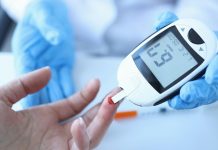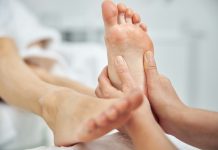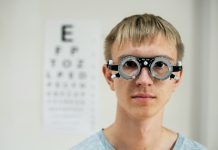
People with diabetes often face a tough challenge: their wounds don’t heal as they should. This is a serious problem, as it can lead to severe complications like limb amputations.
In the United States, over 100,000 amputations are related to diabetes each year.
But why do these wounds struggle to heal? Researchers from the University of Pittsburgh and UPMC have been exploring this question and have uncovered some fascinating insights.
The Role of Exosomes in Wound Healing
The key players in this mystery are tiny particles called exosomes. These are like little messengers that cells use to communicate with each other.
In healthy people, these exosomes carry important signals that help wounds heal. But in people with diabetes, these exosomes don’t work properly.
The study, led by Dr. Subhadip Ghatak, found that in diabetic patients, these exosomes are faulty. They don’t carry the right information to cells that are crucial for healing wounds. This means the normal healing process gets disrupted, leading to chronic, non-healing wounds.
The Potential for New Therapies
This discovery is exciting because it opens the door to new treatments.
If we can figure out how to fix or replace these defective exosomes with functional ones, we could significantly improve wound healing in diabetic patients.
This could be a game-changer, reducing the number of amputations and improving the quality of life for many people.
The research team is now exploring different ways to target these faulty exosomes. One approach might be to develop drugs that can correct the chemical changes in these exosomes.
Another idea is to take exosomes from diabetic patients, fix them up with the right signals, and then put them back into the wound to help it heal.
Key Takeaways
This study is an important step forward in understanding diabetic wound healing. Researchers are uncovering new ways to tackle this significant health issue by focusing on the role of exosomes.
With further research and development, we could see innovative treatments that make a real difference for people living with diabetes.
If you care about diabetes, please read studies that MIND diet may reduce risk of vision loss disease, and Vitamin D could benefit people with diabetic neuropathic pain.
For more information about diabetes, please see recent studies that Vitamin E could help reduce blood sugar and insulin resistance in diabetes, and results showing eating eggs in a healthy diet may reduce risks of diabetes, high blood pressure.
The research findings can be found in Nano Today.
Copyright © 2023 Knowridge Science Report. All rights reserved.



